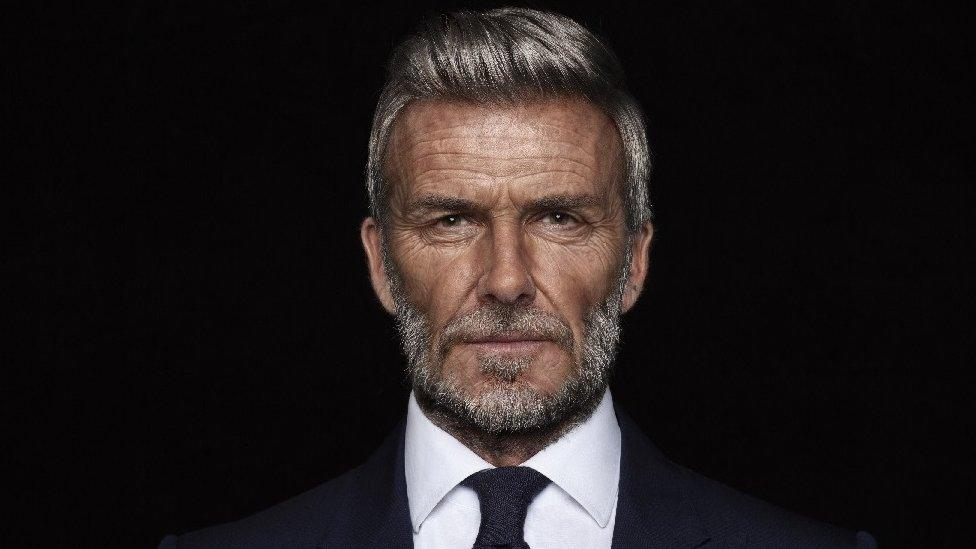World Malaria Day 2024: What is malaria and why is it such a big problem?
- Published
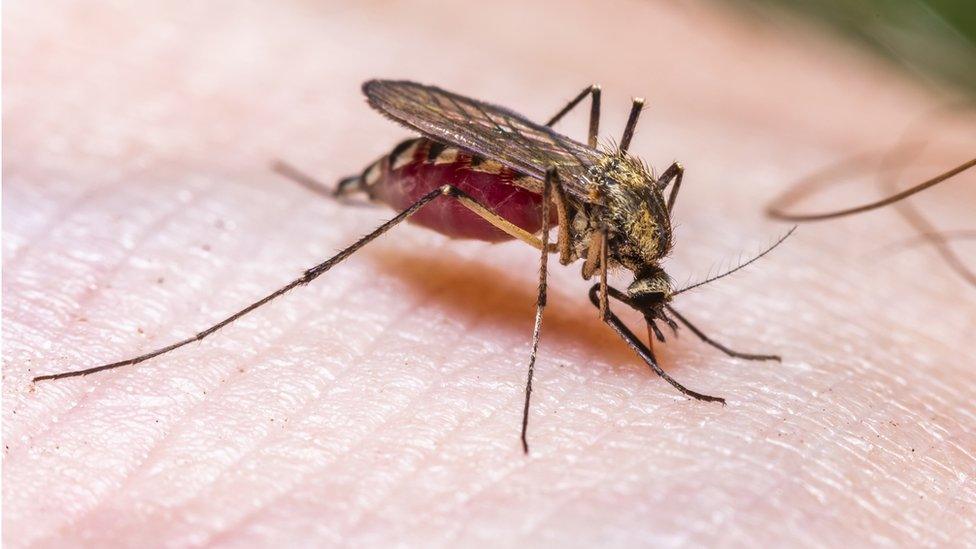
Malaria is spread by mosquitos
25 April is World Malaria Day. The World Health Organisation (WHO) day is designed to raise awareness of the deadly disease and try to help people prevent and treat it.
Although there is now a vaccine for the disease the WHO says there is still lots of work needed to protect people from it.
This year's theme is "Accelerating the fight against malaria for a more equitable world".
The WHO says that people in poorer rural areas, children, pregnant women, migrants and refugees are more likely to be affected by the disease and that more needs to be done to help them.
It says more needs to be done to tackle social inequalities so that everyone can 'equally' benefit from the advances in the medical treatment and prevention of the disease.
Read more to find out more about the disease and why is it still such a big problem.
What is malaria?
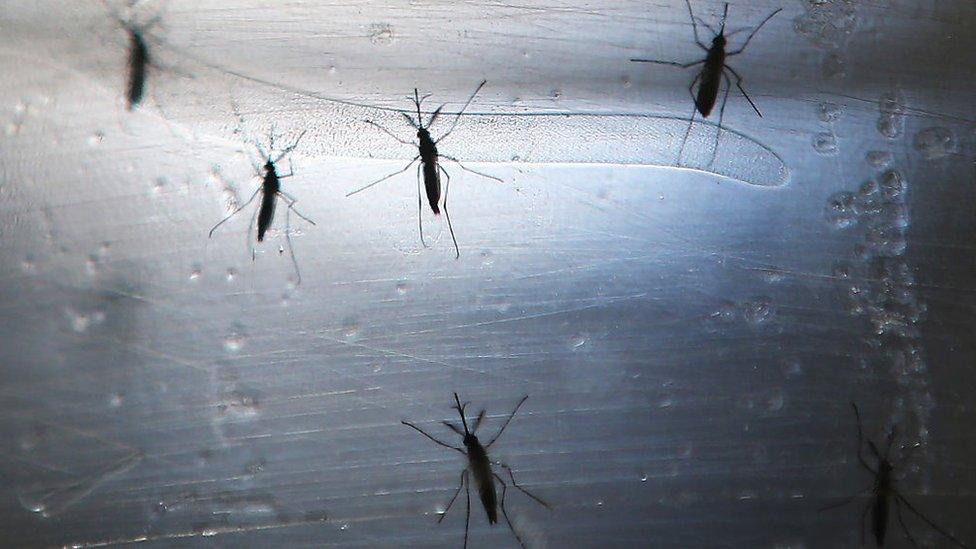
There are many different species of mosquito - but it's only the Anopheles that can carry malaria
Malaria is a disease caused by a parasite spread by a particular kind of mosquito - the Anopheles - which bites people at night.
It's a huge problem in countries across Asia, Africa and South America.
Most cases occur in Africa and the disease is particularly harmful to young children.
Malaria is not found in the UK and you cannot catch the disease from another person.
Why is malaria a big problem?
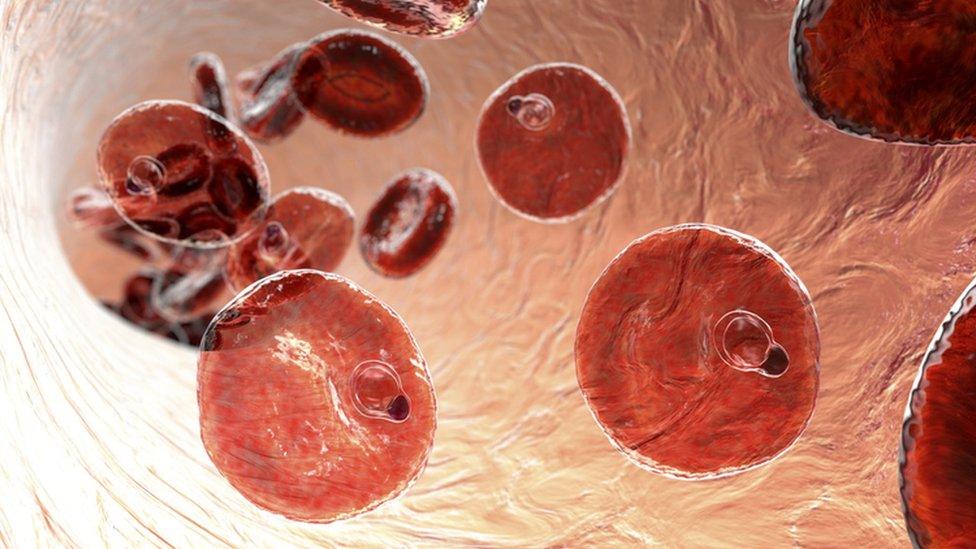
A computer illustration of malaria being carried inside red blood cells
Malaria is one of the most deadly diseases on Earth. The WHO estimates that more than 600,000 people die from it every year.
Despite this, most people survive malaria after a 10-20 day illness, but it is important to spot the symptoms early.
Fever, headache and sickness are all symptoms of a possible infection.
Fighting against the disease
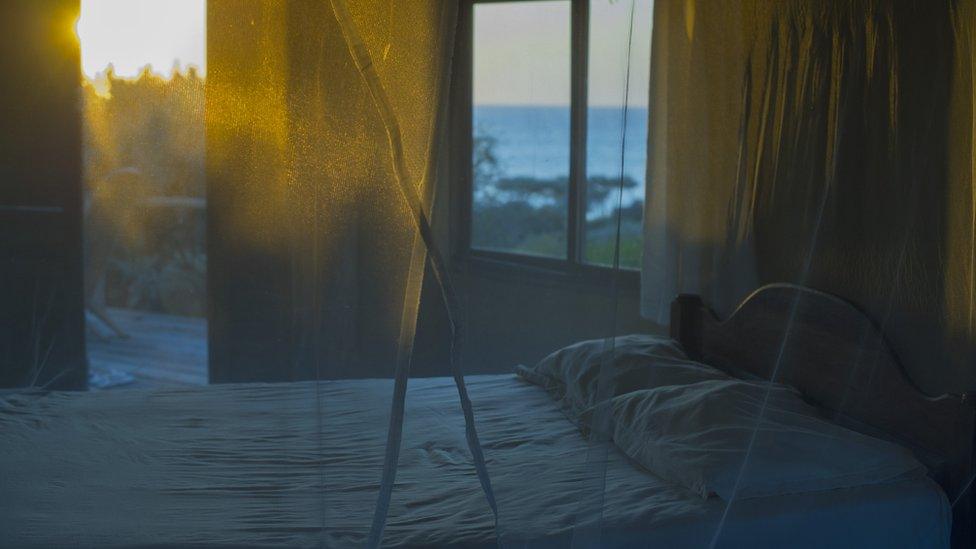
Mosquito nets are one of the tools used to help limit the spread of malaria
Malaria is preventable and curable.
The best way to stop people getting the disease is to stop them being bitten by the mosquitoes.
Special nets to cover beds, insect repellents and destroying mosquito breeding grounds all help to stop people getting infected.
There is a vaccine which has already been given to children in some countries.
Children will need to be given four doses of the The RTS,S jab before they turn two years old and it's said to be only about 30% effective, with its protection beginning to fade after several months.
Oxford University has also been developing another vaccine.
What is being done to fight against malaria?
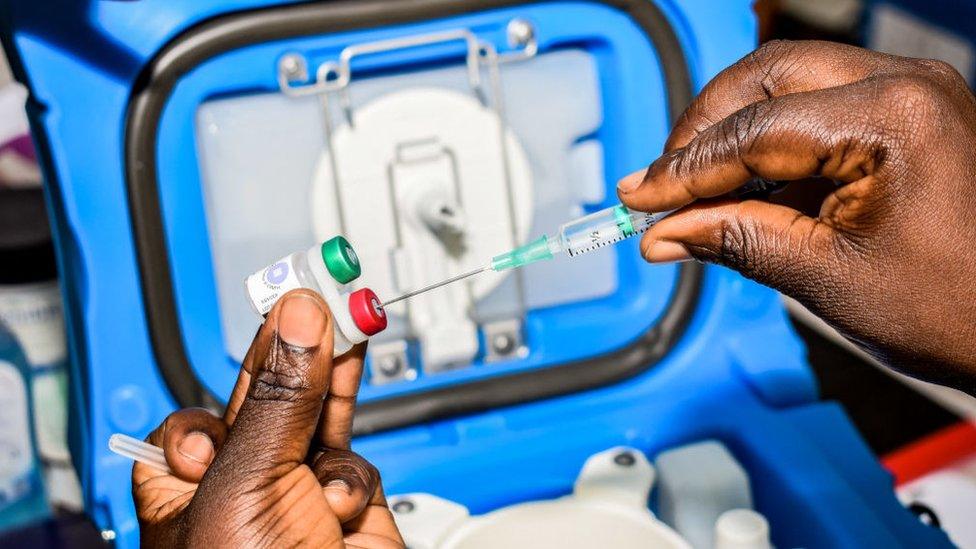
The malaria vaccine has been rolled out in countries such as Kenya, Ghana and Malawi
Cameroon launched the first vaccination campaign for children to protect them against malaria in January.
Twenty other countries are also planning vaccination programmes with around 6.6 million children in these nations to get the vaccine over the next two years.
In March health ministers from African countries most affected by malaria signed an agreement called the Yaoundé Declaration which is a pledge to speed up efforts to stop people dying from the disease.
Despite that the WHO is warning that its target for the reduction of malaria deaths for 2025 may be missed.
- Published22 January 2024
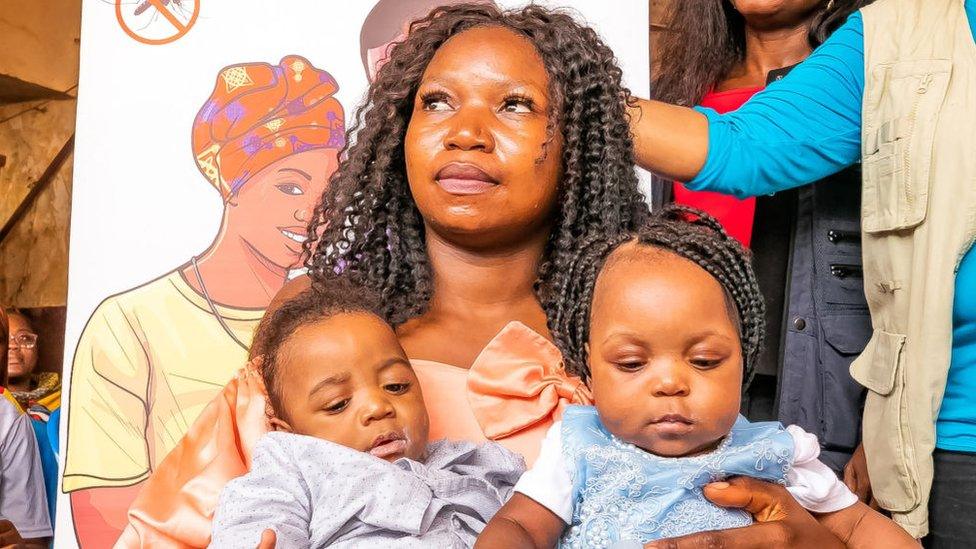
- Published7 October 2021
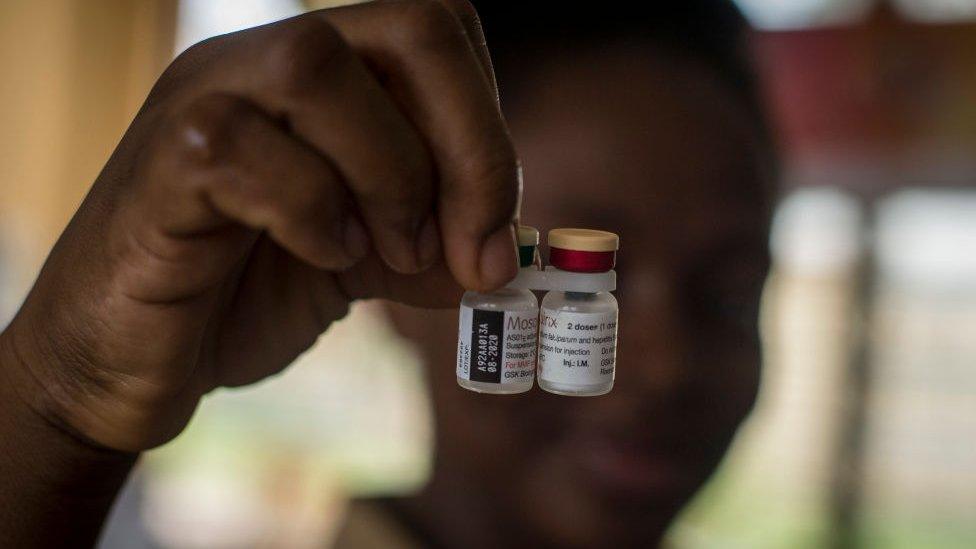
- Published13 April 2023
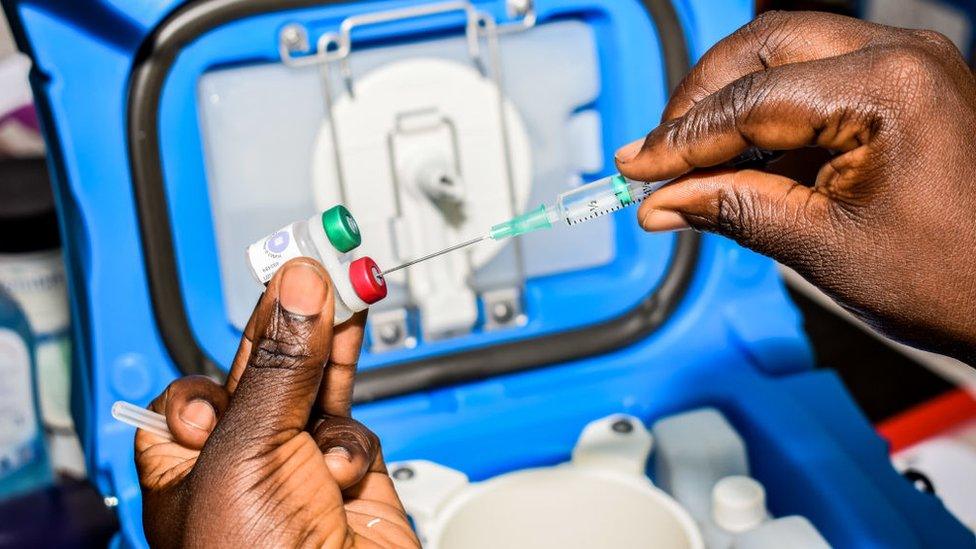
- Published3 December 2020
